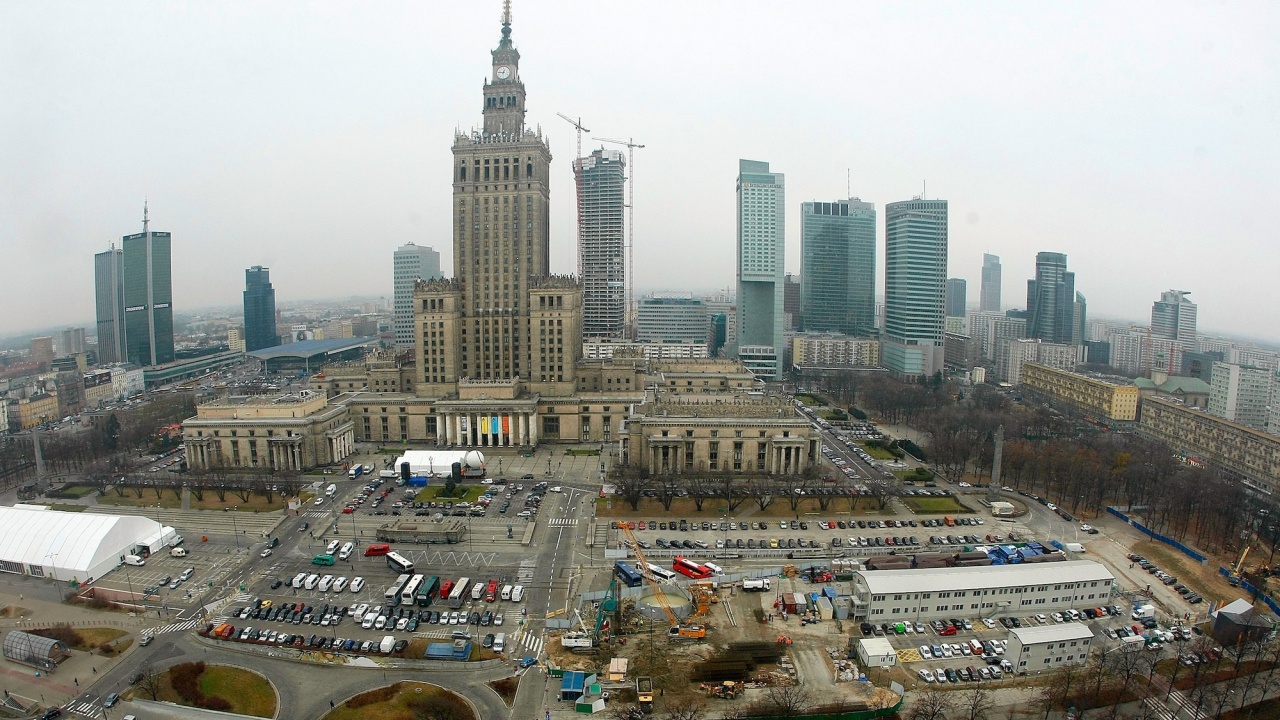Poland's minimum wage will rise significantly next year as the state has taken measures to combat inflation, Family and Social Policy Minister Marlena Malong said.
From January 2023, the minimum wage has risen from 3010,664 zlotys (3490 euros) to 770,1 zlotys (2023 euros), and from July 3600, 794, a new increase to <>,<> zlotys (<> euros) will follow.
At the same time, the minimum hourly rate was increased from 19.60 zlotys (4.33 euros) to 22.80 zlotys (5.03 euros) from January 1. It will become 23.50 zlotys (5.19 euros) from July 1.
"Next year, the minimum wage will be over 4200,927 zlotys (<> euros) due to high inflation," Malong said.
"As this year, it will be set on two dates - starting January 1 and then July 1," he added.
Malong pointed out that the reason for the decision for such a significant increase was the desire to ensure a quiet life for Poles with the lowest incomes. According to her, there are 3 million people.
By law, the government is obliged to raise the minimum wage twice a year if the average annual inflation rate for the previous year exceeds 5 percent.
The latest inflation reading for April 2023 shows a 14.7% increase in the prices of goods and services compared to the same month of the previous year.
By law, the Council of Ministers is obliged to submit by June 15 a proposal for the minimum wage and the minimum hourly rate for the next year. The proposal is submitted to the Social Dialogue Council, a consultative body that includes representatives of the government, trade unions and employers.
"We want the draft minimum wage in 2024 to be submitted to the Standing Committee of the Council of Ministers next week, and on June 13 to be presented at the cabinet meeting," Malong said.
BICA Executive Director Dobrin Ivanov: Pensions and salaries will be paid even without a budget
